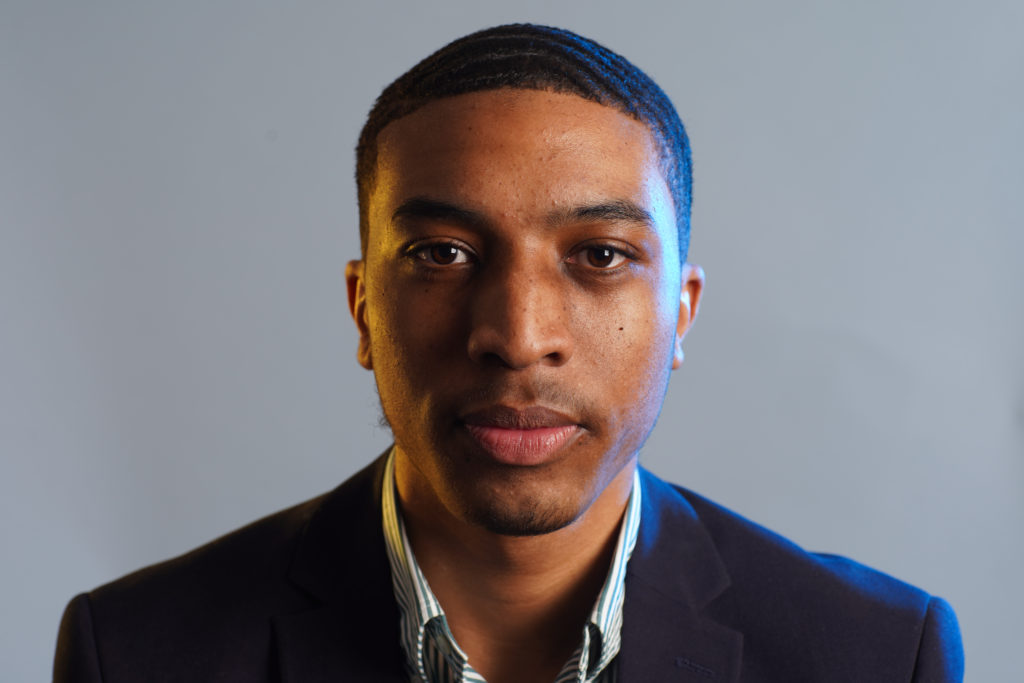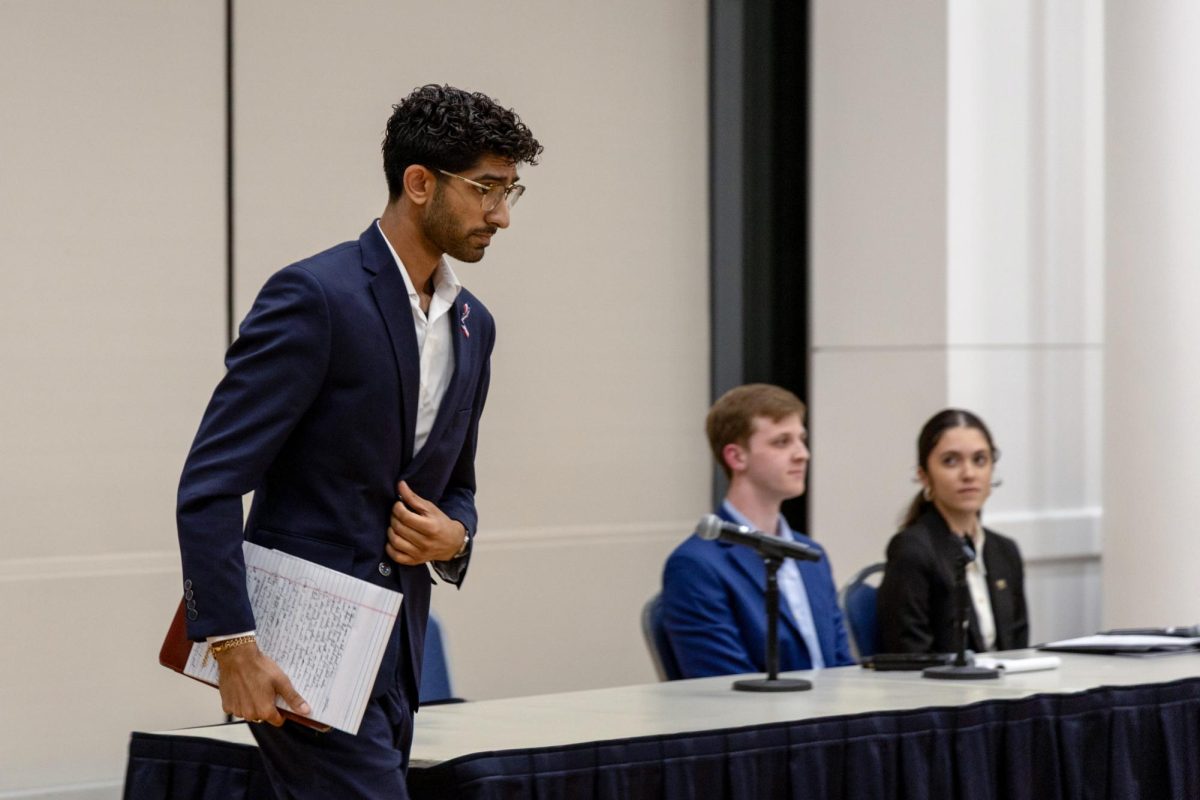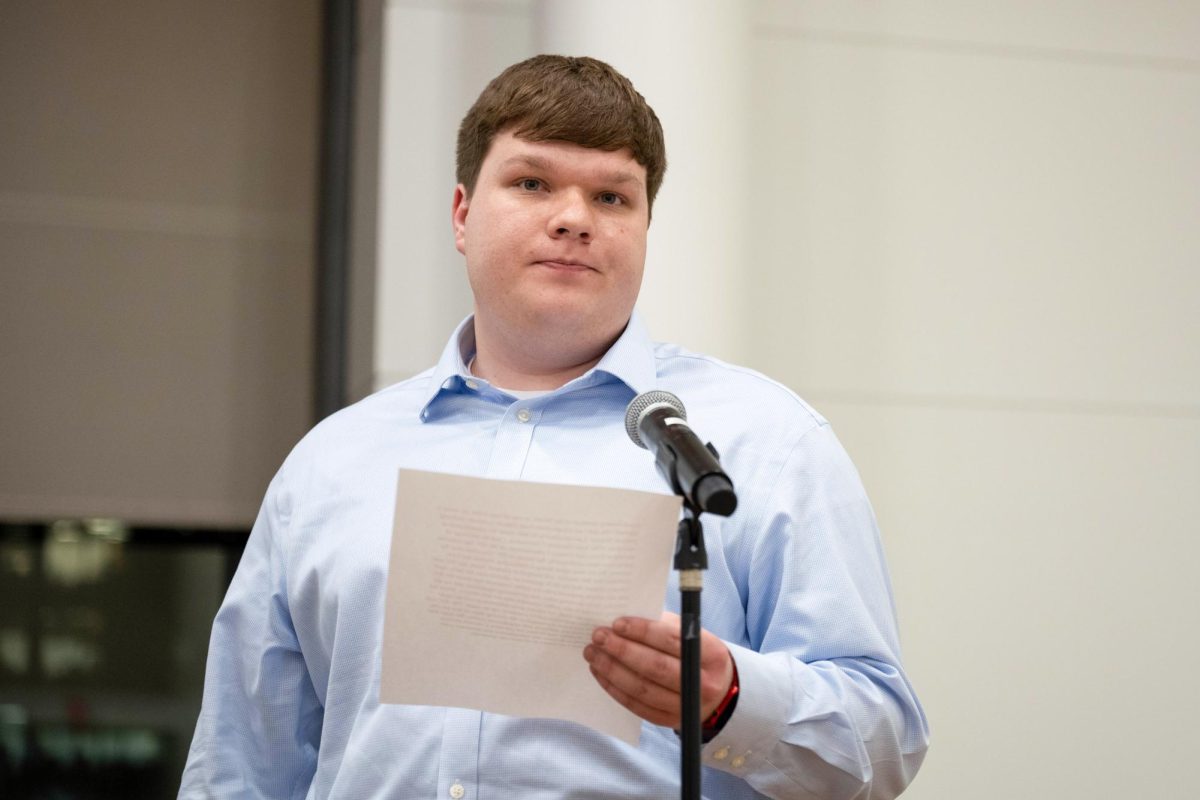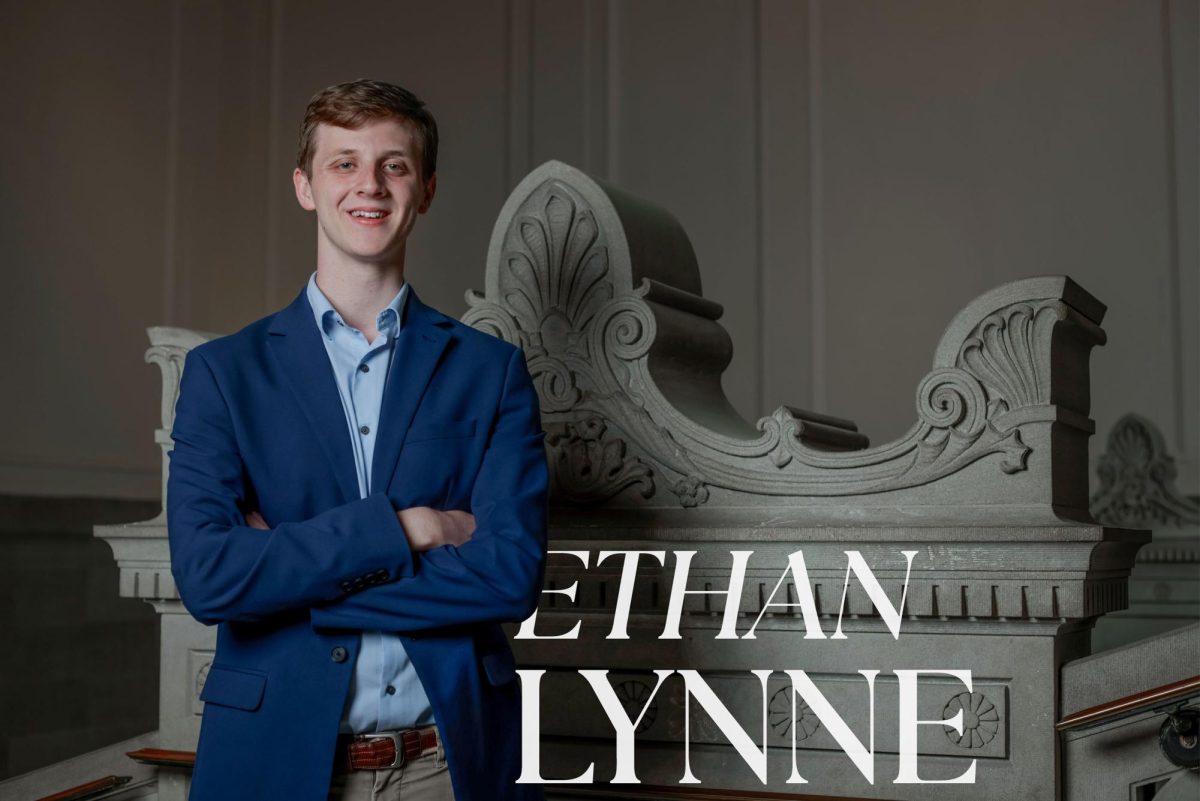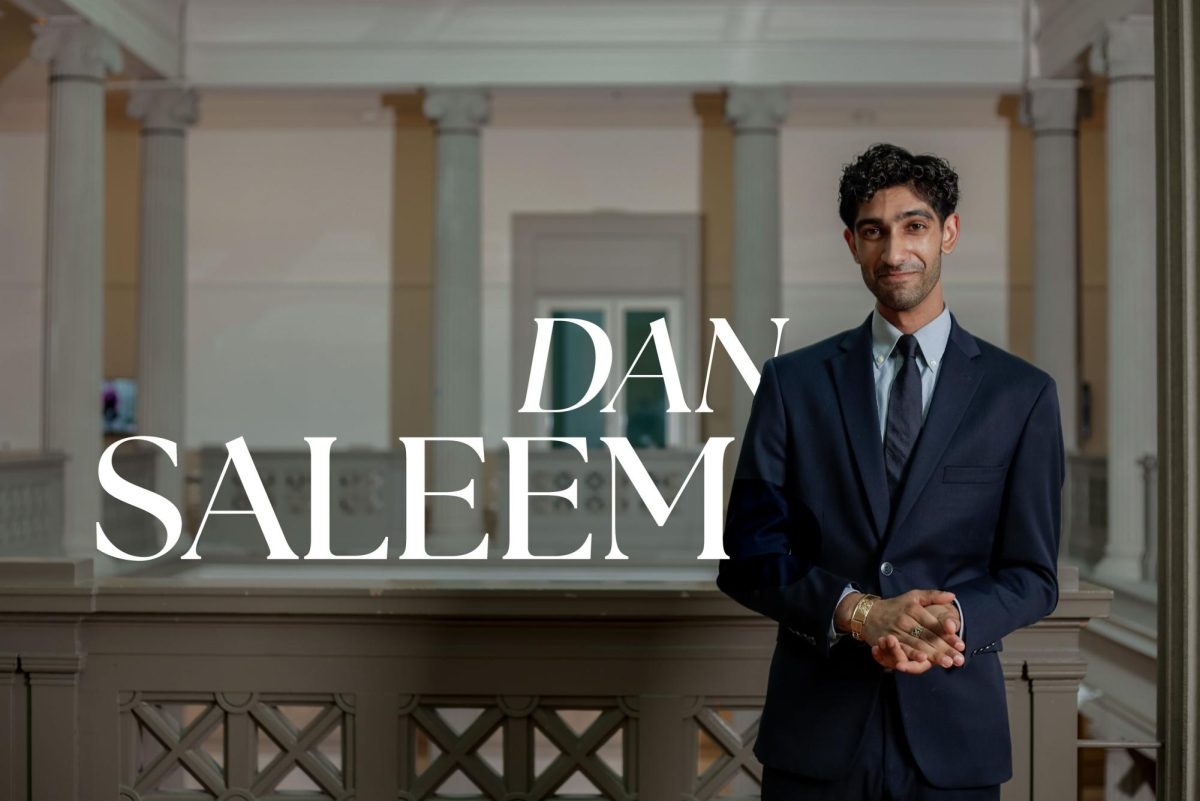Year: Sophomore
Hometown: Cleveland, Ohio
Major: Political science
Student organizations/activities: Dean’s Council for Multicultural Recruitment, Black Men’s Initiative, Black Student Union, Black Undergraduate Pre-Law Association, resident adviser
Previous SA experience: Senate secretary, food insecurity task force member
Favorite GWorld spot: Thunder Burger
Favorite off-campus spot: Dumbarton Oaks Museum in Georgetown
Dream job: Criminal law attorney
Proudest GW moment: Seeing the positive response to this year’s Black Heritage Celebration
Fun fact: I have a signed letter from former President Barack Obama
Favorite place in the world: Hawaii – I took a trip there with GW Trails
Favorite childhood memory: A road trip with my godparents when I was 16 from Ohio to Georgia
Role model: Martin Luther King Jr.
Bishop Walton said the Student Association needs a leader “who can build bridges.”
He said divisive issues like the 20/30 Plan and a lack of diverse representation among student leaders and officials has led to a disconnect among the GW community. Walton said as a black student and an RA, he has seen inequalities and learned how advocating for communities he is part of helps him stand out among other SA president candidates.
“The SA has been historically white,” Walton said. “It has had that little elitism that I feel that I could shatter that by bringing in a diverse cabinet and making sure that we are reaching out to people whose voices we haven’t heard at the table.”
A black student has not been elected to the SA’s top position in at least the past 10 years, according to Hatchet archives.
Walton said he has seen how affordability and diversity can dovetail, considering how he and his roommate are the only two black students on their floor in Shenkman Hall. He said he will work to create a multicultural living and learning community in which black and Latino students can create “cohorts.”
Walton said he will push officials to increase dining vendor diversity – like expanding kosher options – and to enlist GW Safe Ride to help students with specific dining needs reach off-campus grocery stores.
“Even on a broader scale with food insecurity, if you look at expanding Safe Ride, that affects food insecurity because you don’t have access to food after 10 p.m.,” he said.
Students created a food insecurity task force last academic year to propose suggestions for officials to address long-standing issues of food insecurity. Members of the task force, which included Walton, asked the University last spring to open a dining hall in Foggy Bottom and release a biannual report on the state of dining at GW.
Walton said that if elected, he would invite students to take part in SA projects to ensure they have a greater voice in the organization. He said former SA Executive Vice President Ojani Walthrust allowed Walton to work on finding pop-up dining vendors last year.
He said he would also reach out to first-year students during New Student Orientation and encourage them to join the SA in the fall.
“That’s the role of the president: to, from top-down, make sure that we are getting out there and in decreasing the mindset of ‘us versus them’ or ‘we’re here and they’re there’ mindset,” Walton said.


